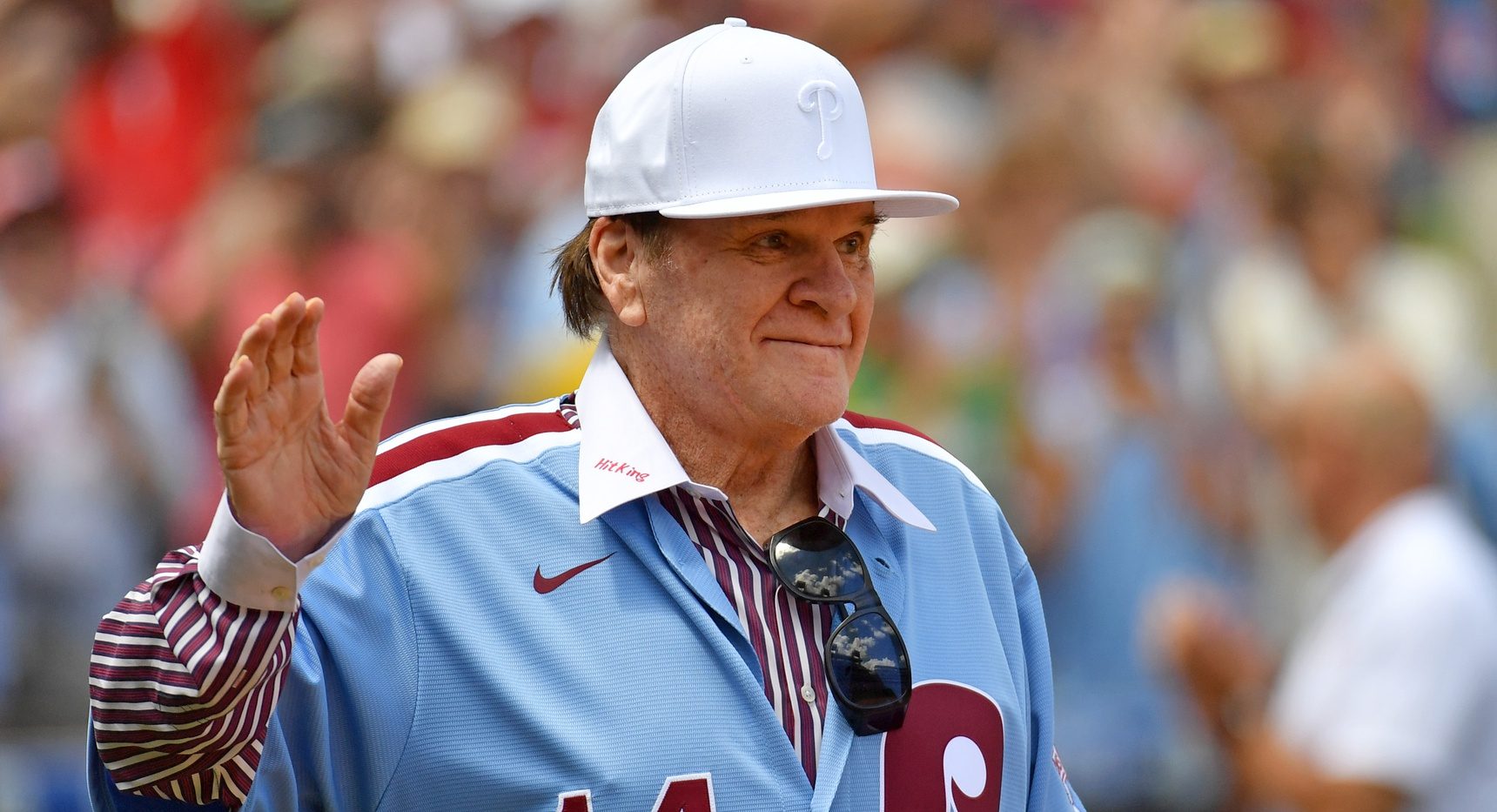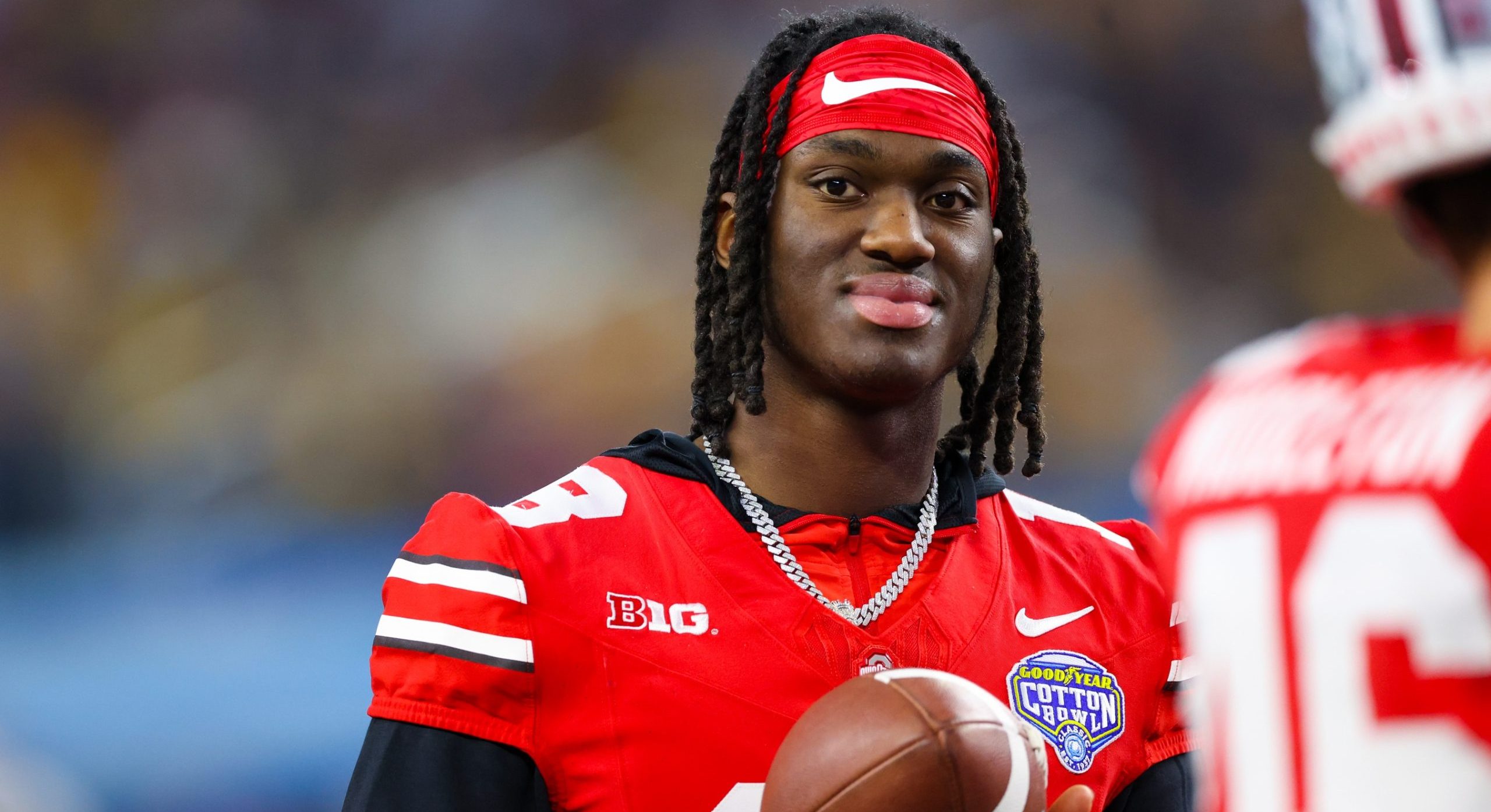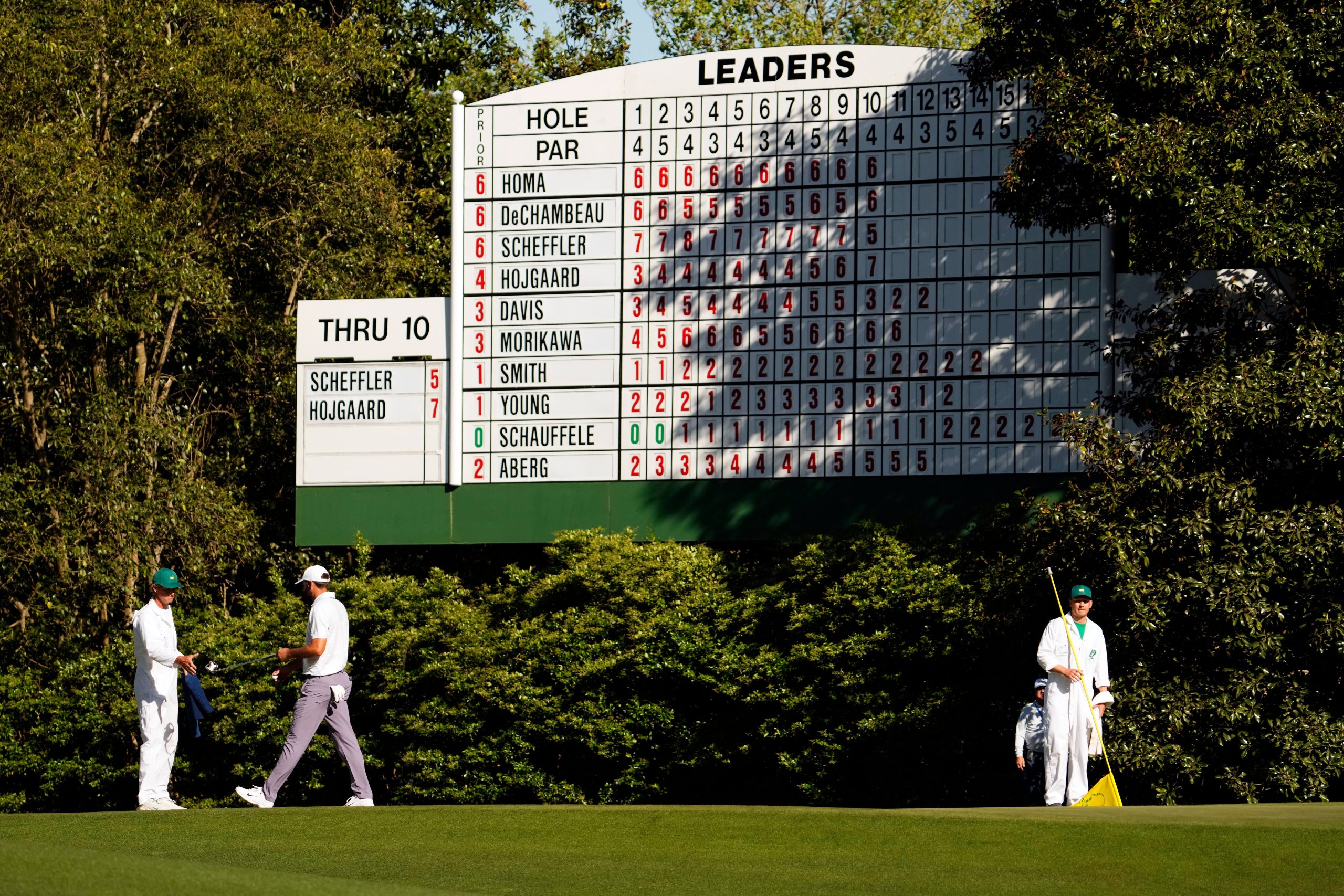In the wake of the brawl at the end of the game between Michigan and Wisconsin that had led to Juwan Howard being suspended for the remainder of the regular season, there has been an uptick in discussions around ending the postgame handshake line.
The loudest voice pushed to end this long-standing college basketball tradition is Dick Vitale, who claims that incidents like the one in which Howard smacked a Wisconsin assistant in the head, causing a brawl to break out, are on the rise. However, Vitale doesn’t provide any examples to back that claim up, leaving many to wonder if it’s just an anecdotal concern of someone out of touch.
Michigan State’s Tom Izzo chimed in on the matter, saying that getting rid of the handshake line “would be the biggest farce, joke, ridiculous nature of anything I’ve ever heard of.” He also said that if the other team didn’t line up, his team would still show up at the end of the game to “shake air.”
Ohio State head coach Chris Holtmann also discussed the notion of ending handshake lines on his radio show. Holtmann also strongly believes that there are benefits to the tradition, especially when you’re on the losing end of things.
“One of the most miserable things to do in life is after you’ve just got your butt kicked is go shake the hand of the person who kicked your butt,” he said. “It’s a worthwhile exercise for adults and young adults. It’s not enjoyable. No one likes it, but it’s a worthwhile exercise for all of us to do.”
“After a win, I try to keep it very brief because I don’t want to talk to the opposing coach after I’ve lost,” he said. “I understand why adults and adult leagues maybe don’t do it, but I think it’s an important exercise for people, grade school, high school, college, who are still growing. There’s nothing wrong with swallowing your ego for a moment and saying, ‘You were better than us tonight and deserve the credit.’”
Holtmann warned that immediate reactions to incidents like the Michigan-Wisconsin fight cloud the reality about nuanced situations such as these. He urged people to avoid making knee-jerk reactions afterward.
“February is an emotional month,” he said. “What I would caution against as much as anything is the knee-jerk reaction we sometimes have on social media when people make errors of judgment. I get it. Nuance on social media doesn’t work. They want to read these takes that are significantly weighted one way or the other because we know that’s what get clicks. That’s what gets energy on the Twitter platform. It’s basically become a gripe session or session of extreme takes. There’s no place for nuance.
“What I would caution against is any type of reaction, in these situations, there’s an element of grace that’s important. People make mistakes. We’re emotional. You hope people respond when they make a mistake the right way.”
[Dispatch]






